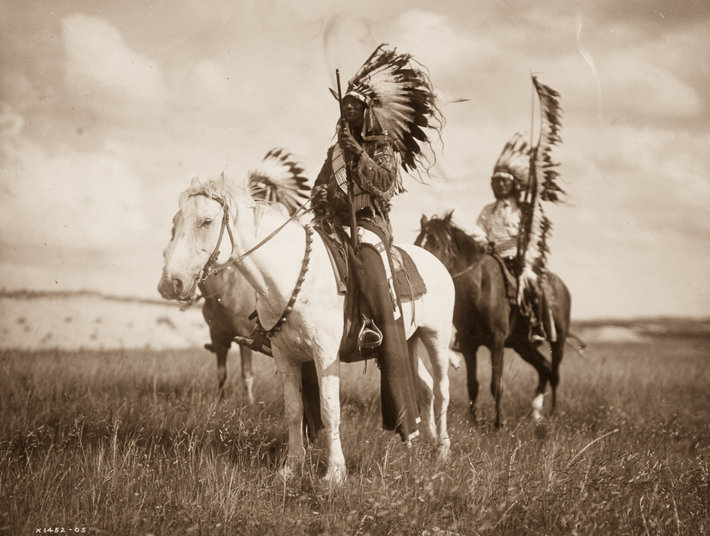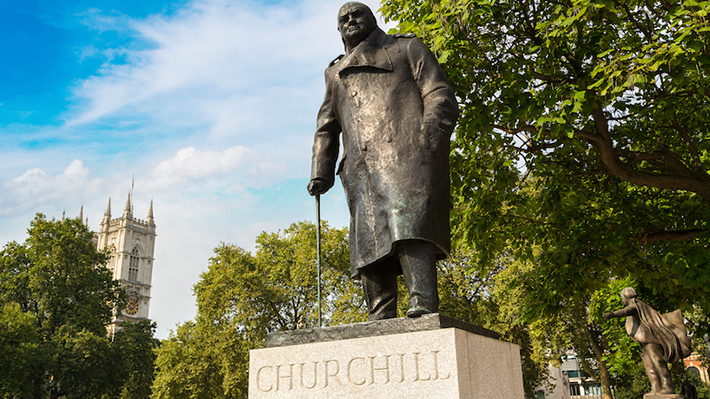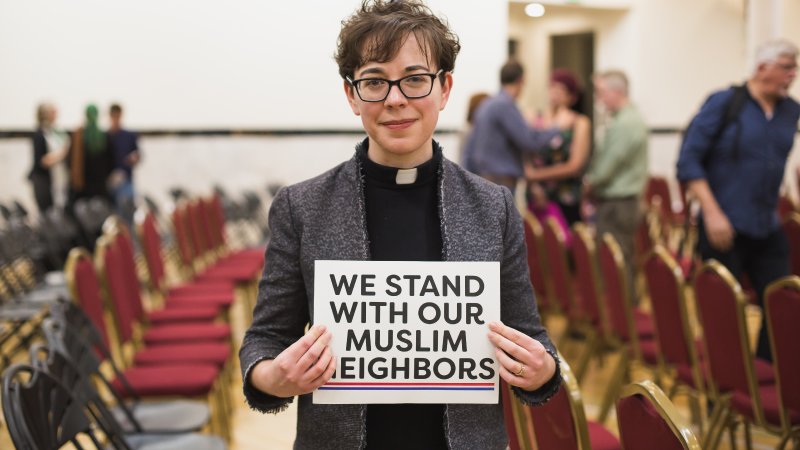
-
HOME
-
WHAT IS STANDOur Mission Our Values Our Help Contact
-
WHAT WE FIGHT FORReligious Freedom Religious Literacy Equality & Human Rights Inclusion & Respect Free Speech Responsible Journalism Corporate Accountability
-
RESOURCESExpert Studies Landmark Decisions White Papers FAQs David Miscavige Religious Freedom Resource Center Freedom of Religion & Human Rights Topic Index Priest-Penitent Privilege Islamophobia
-
HATE MONITORBiased Media Propagandists Hatemongers False Experts Hate Monitor Blog
-
NEWSROOMNews Media Watch Videos Blog
-
TAKE ACTIONCombat Hate & Discrimination Champion Freedom of Religion Demand Accountability
A Scientologist’s Great-Grandmother’s Poem
I was fortunate enough to know, and have wonderful conversations with, a truly fascinating woman—my great-grandmother. Just think of it. She went from living in a dirt house, doing field work in a long dress, hitching up the horse and wagon every morning to get her kid off to school, and lived long enough to see television, phones, electricity and two of her favorite inventions, the washing machine and dryer, come to be. The hours of backbreaking work these saved her made her very happy.
One of the things I learned at her knee was the importance of looking at things from more than just one point of view. She wrote the poem at the end of this blog that looked at the settling of the American West from the point of view of Native Americans. Today, this is a popular thing to do. When she did it, it was a new and very unpopular thing to do. Most people a hundred years ago considered Native Americans (and they didn’t use such a nice term back then) “vermin” who should be treated as such.

My great-grandmother’s ability to step away from herself and her culture and look at things from someone else’s point of view is wonderful to me. Not only is it valuable, but it is also rare in the extreme. People who criticize my religion loudly in my presence are obviously not considering how their words might be received. Being a Scientologist I have had to develop a pretty thick skin, but nonetheless, it would be such a refreshing change if people stopped before they spouted the latest alarming rumor and thought about what they were getting ready to do to another human being.
There was an old Sting song from years ago that really resonated with me along this line. He sings: “We share the same biology, regardless of ideology/But what might save us, me and you/Is if the Russians love their children too.”
This applies to anyone’s religion. Take a look at it from their point of view. Do you really think that other people are so different from you that they would buy into something as stupid and ill-intentioned as people make some religions out to be?
There was an old Sting song from years ago that really resonated with me along this line. He sings: “We share the same biology, regardless of ideology/But what might save us, me and you/Is if the Russians love their children too.”
Well, believe it or not, I think this is actually how we start to repair the giant chasms of our current society—by realizing that all of us, whatever race, color or creed all fall in love, all have the same troubles, and all share the same hopes and dreams.
And when all else fails, we all love our children. Maybe that’s where we should start.
And here, as promised, is my great-grandmother’s poem. I hope you enjoy it as much as I did.
An Indian stood on a treeless plain,
And shaded his eyes with his hand,
And looked with his savage heart filled with pain,
An Indian stood on a treeless plain,
And shaded his eyes with his hand,
And looked with his savage heart filled with pain,
O’er a rich and fertile land.
He thought of his tribe,
His fighting braves,
His women and children too.
And it seemed that he stood on their unmarked graves,
For he knew that his people were through.
From afar to the east,
As he looked that way,
Lay a ribbon of shining rails,
Where it crossed in the light of the closing day,
The buffaloes’ deep worn trails.
And he heard the roar of a monster of steel,
And the wind in the treetops hums,
And the sound of hammer and wrench and reel,
Like the beat of a thousand drums.
He saw his people in shackles bound,
Ruled by the white man’s hand,
Their tepees pitched on allotted ground,
Barred from this wild free land.
He saw his warriors brave and free,
Bound in a limited space,
And slow but sure the passing of
The Redman’s sturdy race.
And the pain in his savage heart turned to wrath,
As he thought of his people’s plight,
And he resolved to remove from the Redman’s path,
This weakling whose face was white.
And to conquer this monster of iron and steam,
He knew no way but to fight.
So his war cry split with its piercing scream,
The peace of the prairie night,
And history brands him a savage beast,
With a lust to pillage and kill,
As he roamed the land from the west to the east,
To burn and destroy at his will.
And though scores went down in an unfair fight,
Laid low by his cruel hand,
As he caught them at dawn,
Or the deep of the night,
With his roving, vengeful band.
To me he seemed just a desperate man,
With his family, his home and his pride,
Who used the methods he had at hand,
To keep them all by his side.
And to stop this horde of invading men,
He must show them his strength and his might,
So he fought just as we have always done,
For what he was sure was right.
Nina Miller









